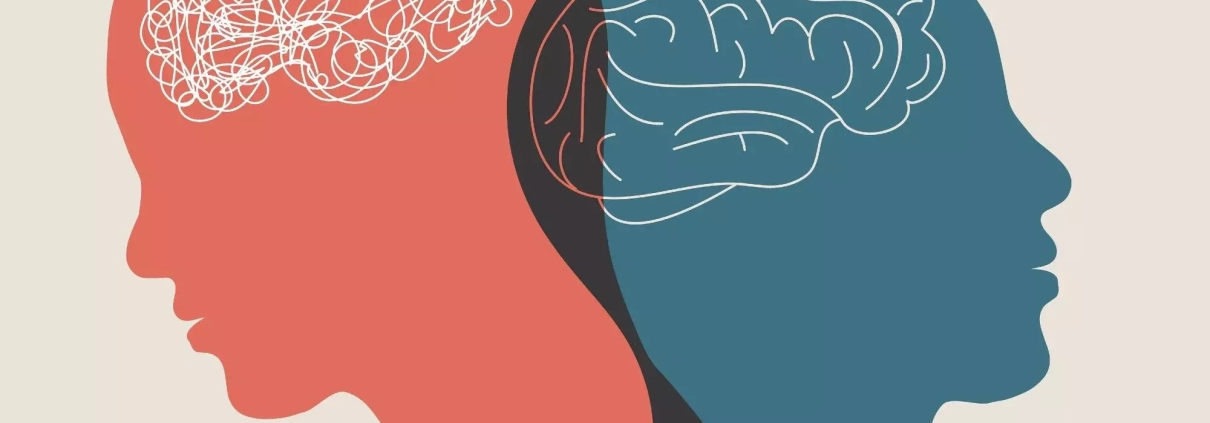Repetitive Concussions linked to Suicidal Behaviors Among Young Males

In a recent study, the underexplored nexus between repetitive concussions and mental health were the point of focus were the study team found a concerning association between multiple concussions and nonfatal suicidal behaviors among youth. Using data from the National Youth Risk Behavior Surveillance System, this retrospective cross-sectional survey involved 28,442 secondary school students across the United States.
The research by Jacob Kay investigated the correlation between self-reported concussion frequency and adverse mental health outcomes by looking into the most overlooked aspect of how this relationship might differ between male and female youth. With growing interest surrounding the impact of concussions on mental health, especially in sports, the gender-specific implications remain less explored.
And so, utilizing a comprehensive set of variables, including self-reported concussions, feelings of sadness or hopelessness, and suicidal behaviors, the study revealed a significant finding. Students reporting two or more concussions in the past 12 months were at substantially higher odds of reporting suicidal attempts compared to those with a single concussion (adjusted odds ratio = 2.03; 95% CI = 1.43, 2.88). However, a crucial nuance emerged in the analysis of sex interactions and suggests that this heightened risk was predominantly driven by males. Among females, the strength of associations did not escalate with an increased frequency of concussions.
The implications of this study signal that adolescents with a history of concussions are at an high risk of poor mental health and suicidal behaviors. Also, the link between an increased number of concussions and significantly greater odds of reporting suicidal attempts is particularly noteworthy among males. The study underscores the urgent need for healthcare professionals to closely monitor the mental health of adolescents, regardless of gender with experience of repetitive concussions, especially those occurring in close temporal proximity.
Reference:
Kay, J. J. M., Coffman, C. A., Harrison, A., Tavakoli, A. S., Torres-McGehee, T. M., Broglio, S. P., & Moore, R. D. (2023). Concussion Exposure and suicidal ideation, planning, and attempts among US high school students. Journal of Athletic Training, 58(9), 751–758. https://doi.org/10.4085/1062-6050-0117.22



